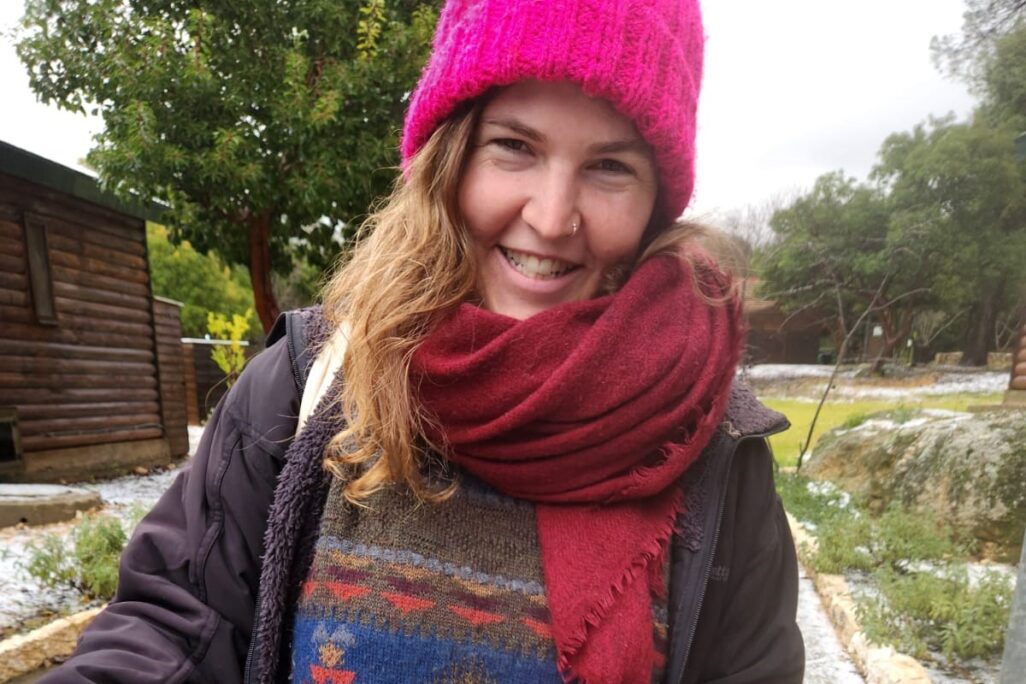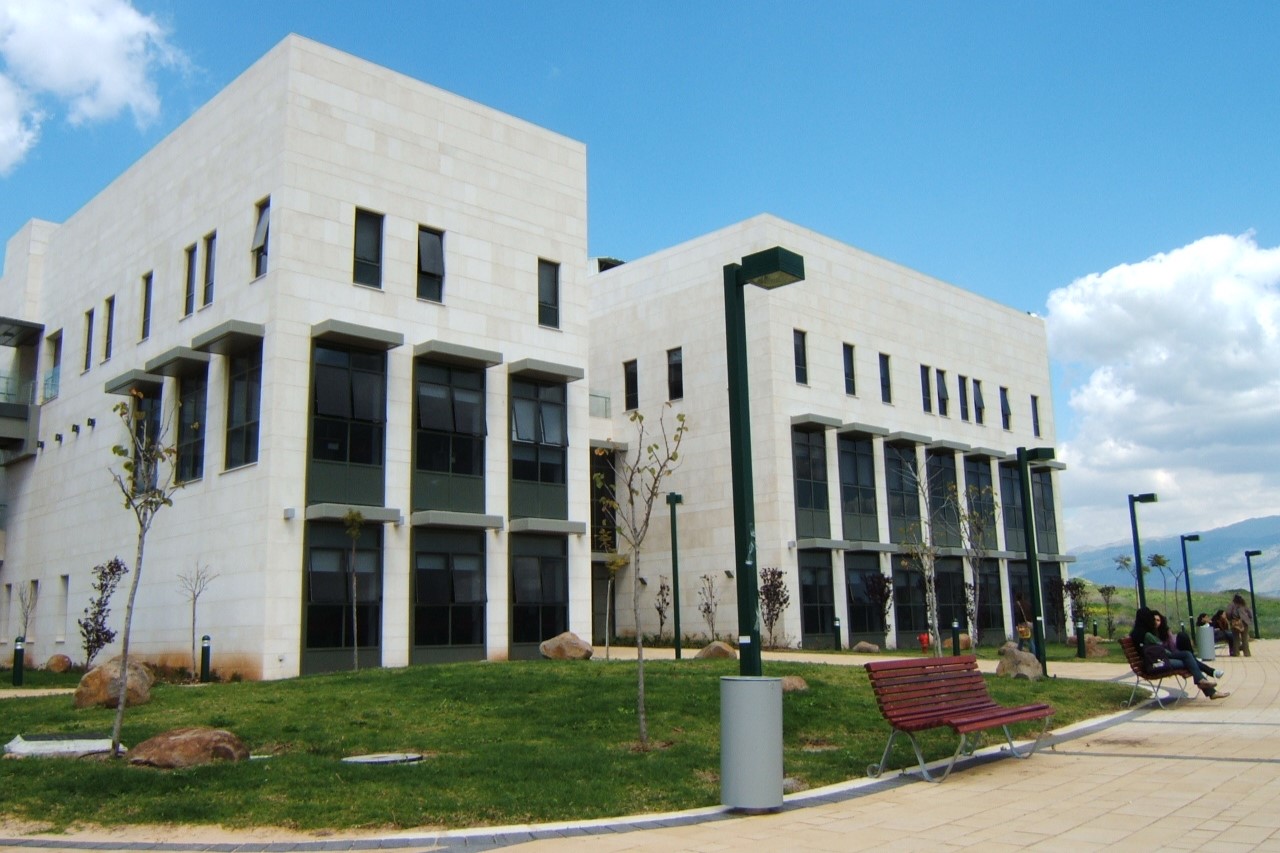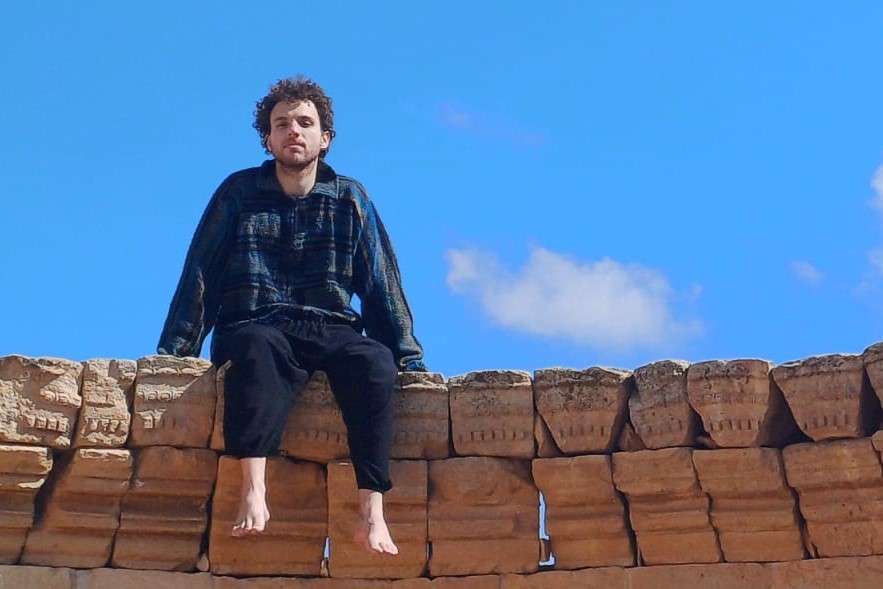
For the 5,000 students at Tel Hai College in the Galilee, the academic year began on January 14. A mere three kilometers (1.9 miles) from Israel’s border with Lebanon, the college is currently only offering online learning even after most other post-secondary institutions returned to campus in December or even November.
The Planning and Budgeting Committee of the Council for Higher Education outlined plans for student relief following the war in December 2023. Special concessions were given to Tel Hai College, as well as Sapir College which is located close to the Gaza border, including full funding for the current academic year. Additionally, a financial plan will be drawn up to support these institutions for the next three years. But these relief measures only address some of the challenges faced by the students, whose academic and social lives were shaken by the war.
"No different from a lecture on YouTube"
"I've moved apartments many times in the last three months," Noam Reisner, 32, a first year bachelor's degree student in social work at the college, told Davar. "Each time I had to figure out which corner of the house is the most comfortable to study in. Not to mention disruptions to the internet and the distractions of being at home. It's not natural for me to sit for so many hours in front of the computer."

Yoav Adiv, 25, also finds online learning difficult:
"With Zoom, the material is taught with less human interaction. There’s no room for questions. It's no different than watching a lecture on YouTube."
Until a week ago, Adiv, a second-year student for a bachelor's degree in East Asian and multidisciplinary studies, was deployed as a reservist and tried to continue his studies from the front lines.
"At the outpost we set up a study space in a bedroom, everything was improvised of course. The internet didn't work, and in any case it was difficult to concentrate. Our base was on Mount Hermon [along Israel’s disputed border with Syria], there was constant tension that something might happen. Not to mention the constant readiness for patrols, and just always being on duty."
The semester will be short and packed, with ten class meetings followed by an exam period which will lead into the next semester.
Despite these hardships, Reisner is still motivated to learn.
"This last period in Israel taught me about the importance of the profession," she said. "We knew there was a shortage of social workers, but in this period the shortage is crying out to the heavens. We will have a lot of work." Adiv also affirmed that he still wishes to study.

Evacuation, Rent, Bureaucracy
Many of the college's students live in Kiryat Shmona and nearby communities, which were evacuated in the last four months due to their proximity to the turbulent Lebanese border. Students who are registered as residents of these communities are defined as evacuees and receive compensation, but many students have not changed their official address since they started studying at the college, because this is a temporary living arrangement for the duration of their studies.
Unfortunately for Adiv, he was not registered in Kiryat Shmona, even though his apartment is there.
"When I was called up to reserve duty on October 7, I painted a wall in my apartment. The paint is still there."
These days, Adiv has returned to live in his parents' home in Moshav Neot HaKikar, north of the Arava Desert, and continues to pay rent in Kiryat Shmona.
"I didn't have the time or the opportunity to transfer my address during my reserve duty. You have to fight the bureaucracy."
Reisner's apartment is in Kibbutz Ma’ayan Baruch in the Upper Galilee, and she has only managed to return there once since the start of the war. Since October 7th, she’s moved around multiple sublets.

A Lack of Student Social Life
Reisner is very affected by the social consequences of distance learning:
"I debated about academic studies for many years, and I thought that the well-known student community of Tel Hai would help me acclimatize; that's why I came here. Now we students don't know each other. It's terrible."
However, Reisner says that the students themselves are trying to cope with the new situation, independently organizing social and study meet-ups in various regions. Through these, Reisner has managed to make a few friends.
Adiv and Reisner both mention the relief of not having to pay for the current school year, and their appreciation for the assistance from the faculty. Reisner added that the teaching staff are incredibly understanding of students’ various situations, and provide a lot of learning support.
However, the biggest test of the faculty's flexibility will be during the exam period:
"We'll see how much they make it easier for us then."
This article was translated from Hebrew by Matt Levy.






